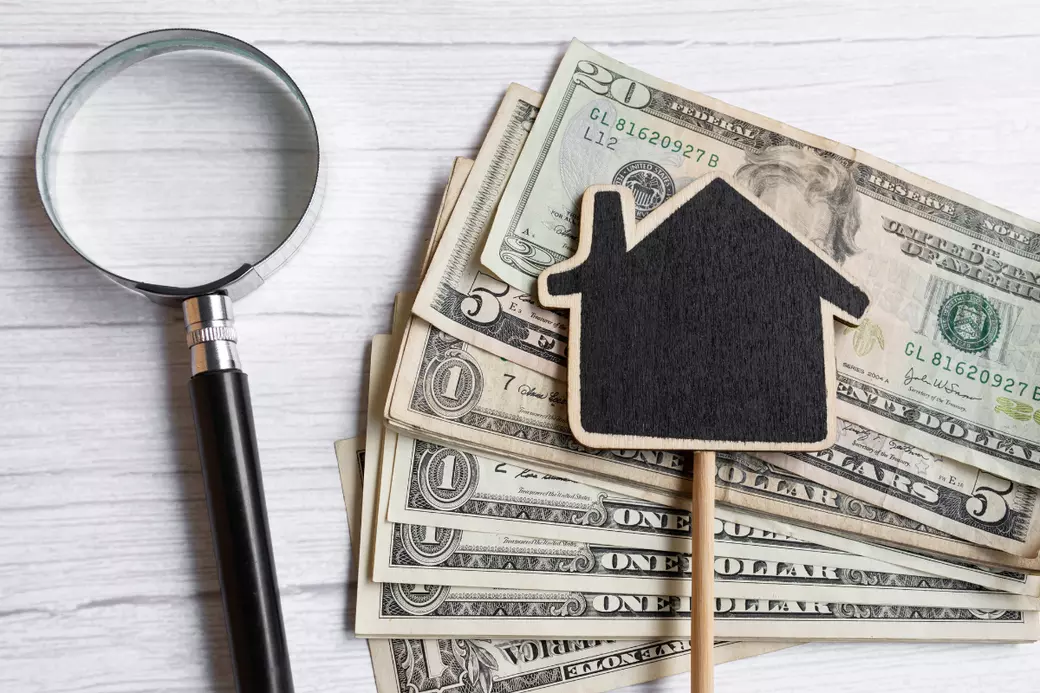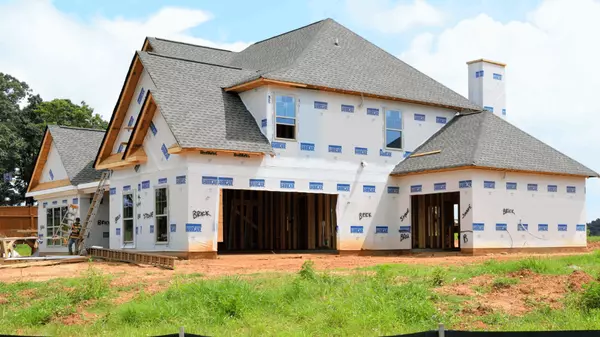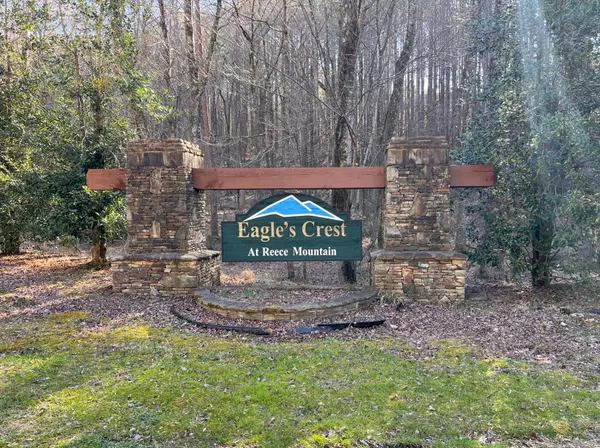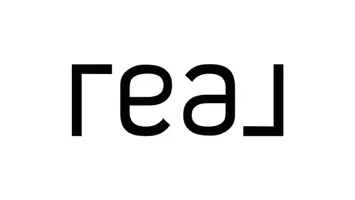Closing Costs in Georgia: What Buyers and Sellers Need to Know in 2025

Closing Costs in Georgia: What Buyers and Sellers Need to Know in 2025
Closing costs are an essential part of any real estate transaction in Georgia, covering a range of fees that buyers and sellers must pay before ownership officially changes hands. Whether you're purchasing your first home or selling a property, understanding these costs can help you budget effectively and avoid surprises at closing.
What Are Closing Costs?
Closing costs are the fees and expenses that must be paid at the final step of a real estate transaction before ownership transfers from the seller to the buyer. These costs cover essential services, legal fees, and government charges required to finalize the sale.
Closing costs vary based on location, lender, loan type, and market conditions. In Georgia, these costs typically include:
- Lender fees (loan origination, underwriting, and processing fees)
- Legal fees (real estate attorney fees, title search, and title insurance)
- Government taxes (transfer taxes, recording fees, and property taxes)
- Prepaid expenses (homeowners insurance, mortgage insurance, and escrow deposits)
- Realtor commissions (typically paid by the seller)
Both buyers and sellers share the responsibility for paying closing costs, but the expenses differ based on their roles in the transaction.
How Much Are Closing Costs in Georgia?
Closing costs in Georgia typically range between 2% and 5% of a home’s purchase price for buyers and 5% to 10% for sellers, with sellers paying higher amounts due to real estate commissions.
For example:
- On a $300,000 home, buyer closing costs range from $6,000 to $15,000, while seller closing costs can total $15,000 to $30,000.
- The average closing cost for a buyer in Georgia is approximately $2,863, or $3,762 when including transfer taxes.
- The median home sale price in Georgia is $323,991, which means buyers can expect closing costs between $6,479 and $16,199, while sellers will pay between $16,199 and $32,399.
Who Pays Closing Costs in Georgia?
Both buyers and sellers have closing costs to cover, though the specific expenses differ.
Buyer Closing Costs in Georgia
Buyers in Georgia are responsible for most costs associated with their mortgage and legal requirements. Common expenses include:
- Loan Origination Fees: Typically 0.5% to 1% of the loan amount, this fee covers the lender's processing costs.
- Appraisal Fee: Required by lenders to verify home value, costing $300 to $600.
- Home Inspection Fee: While not mandatory, a home inspection is highly recommended and typically costs $350 to $500.
- Title Insurance & Title Search: Protects against ownership disputes, with combined costs between 0.5% to 1% of the home price.
- Escrow & Prepaid Costs: Property taxes and homeowner’s insurance payments are often required upfront, adding several months' worth of expenses to the closing total.
- Private Mortgage Insurance (PMI): If your down payment is less than 20%, PMI may be required and is often included in closing costs.
- Attorney Fees: Georgia requires a real estate attorney to oversee closings, typically costing $750 to $1,250.
Seller Closing Costs in Georgia
Sellers generally pay fewer individual fees but cover the largest costs, including:
- Real Estate Agent Commission: The biggest expense, typically 5% to 6% of the home’s sale price. On a $400,000 home, this equates to $20,000 to $24,000.
- Transfer Taxes: Georgia imposes a tax of $1 per $1,000 of the sale price, plus $0.10 per additional $100.
- Prorated Property Taxes: Sellers must pay for property taxes up to the sale date.
- HOA Fees & Transfer Fees: If applicable, sellers must settle outstanding HOA dues before closing.
- Title Fees & Recording Fees: These costs vary but generally include a $25 recording fee and title service costs of $800 to $1,000.
How to Reduce Closing Costs in Georgia
For Buyers:
- Compare Lenders: Shopping for the best mortgage rate and lender fees can save thousands.
- Negotiate with Sellers: In a buyer’s market, you may be able to request seller concessions to cover part of your closing costs.
- Look for Assistance Programs: Georgia offers first-time homebuyer programs that provide down payment and closing cost assistance.
For Sellers:
- Negotiate Realtor Commissions: While 5% to 6% is standard, some agents offer lower commission structures.
- Sell "As-Is": Avoid costly repairs and potential buyer concessions by listing your home as-is.
- Time Your Sale Strategically: Selling before property taxes are due can save on prorated tax costs.
Closing Costs by Loan Type
- Conventional Loans: Closing costs are standard, but private mortgage insurance (PMI) is required with a down payment below 20%.
- FHA Loans: Require an upfront mortgage insurance premium (MIP), which adds to closing costs.
- VA Loans: VA buyers do not pay PMI but may be subject to a VA funding fee.
- USDA Loans: Similar to FHA, but designed for rural properties and often include lower mortgage insurance fees.
Frequently Asked Questions (FAQ)
1. How are closing costs calculated in Georgia?
Closing costs are typically 2% to 5% of the home’s price for buyers and 5% to 10% for sellers. The exact amount depends on the loan type, location, and negotiations.
2. Can buyers negotiate closing costs with sellers?
Yes, seller concessions are common in Georgia, particularly in a buyer’s market. Sellers may agree to cover some costs to close the deal faster.
3. When do you pay closing costs?
Closing costs are paid at the closing appointment when ownership transfers from the seller to the buyer.
4. What is the most expensive closing cost for sellers?
The real estate agent commission is typically the highest cost for sellers, ranging from 4% to 10% of the home’s sale price.
5. Are there closing cost assistance programs in Georgia?
Yes, the Georgia Dream Homeownership Program offers down payment and closing cost assistance for eligible first-time homebuyers.
Final Thoughts
Closing costs are a necessary part of buying or selling a home in Georgia. By understanding the breakdown of expenses and using negotiation strategies, buyers and sellers can minimize costs and navigate the closing process smoothly. Whether you're moving into your dream home or preparing to sell, being informed about Georgia’s closing costs will help you avoid surprises and make confident financial decisions.
Categories
Recent Posts










